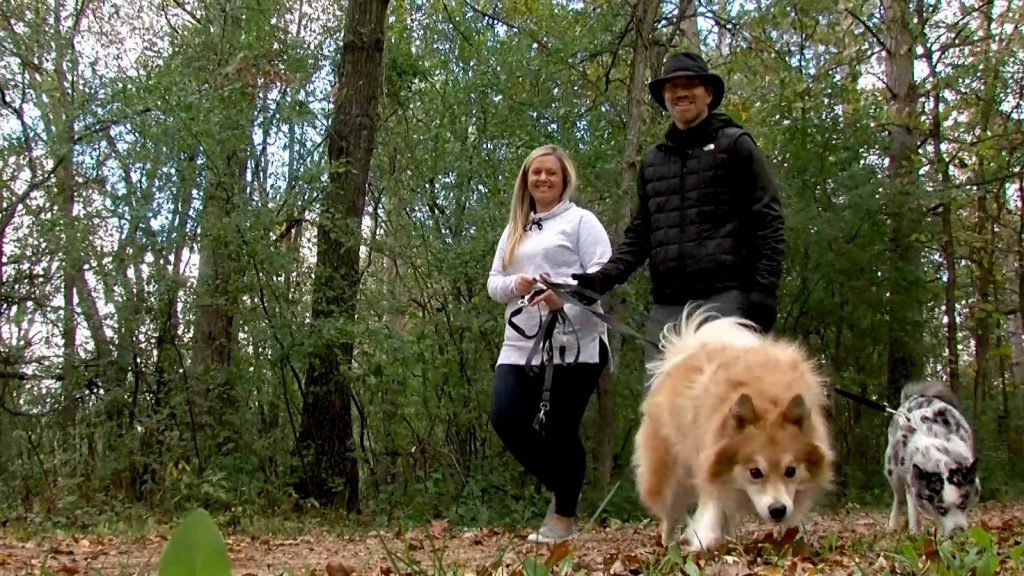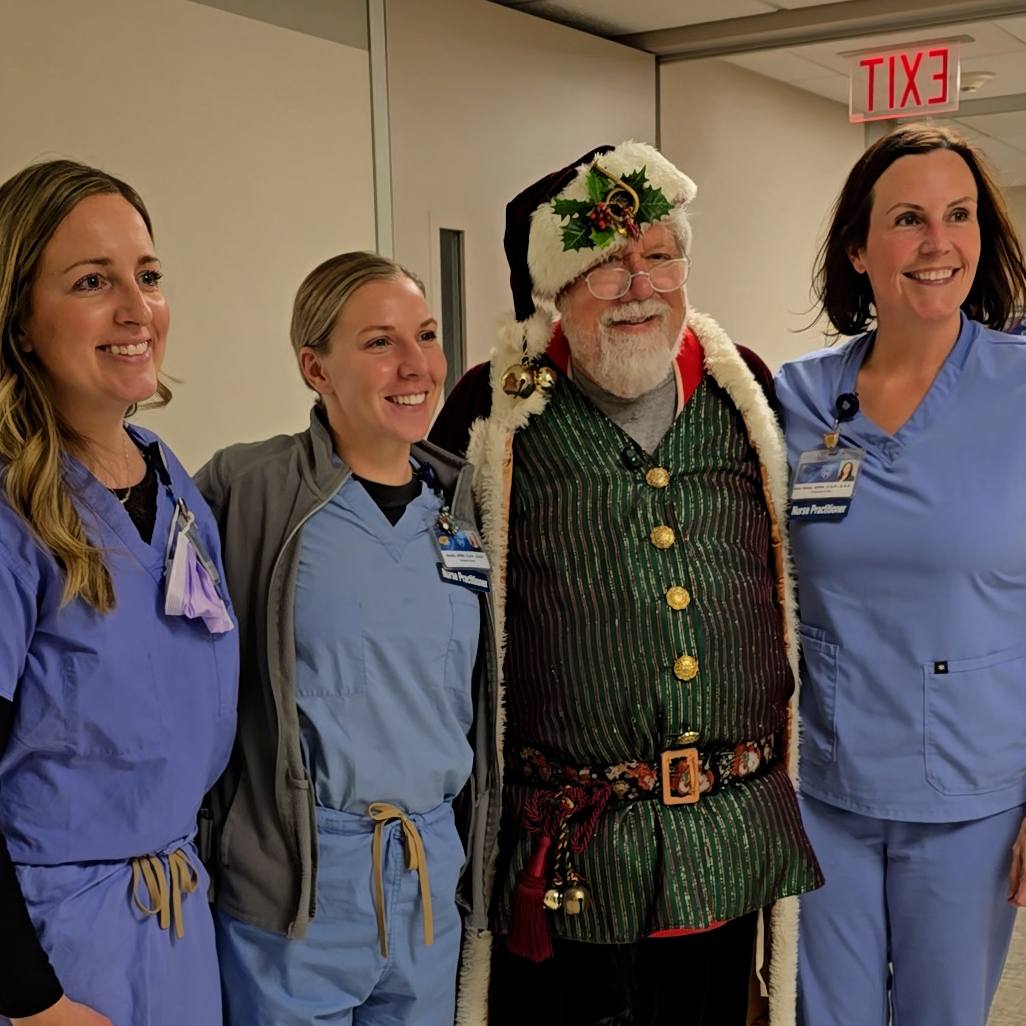-
Transplant
Innovative program enables patients who are obese to get kidney transplants

For many patients seeking kidney transplant, obesity is a barrier. Body mass index (BMI) is a traditional criterion for transplant, and a large portion of potential kidney transplant recipients currently have BMIs above the cutoff.
Two physicians at Mayo Clinic in Rochester, Minnesota, are paving the way to transplant for patients with higher BMIs. Patients, like Wells Larsen, who, because of an innovative new program, has new kidneys and a new outlook on life.
Watch: Innovative program enables patients who are obese to get kidney transplants.
Journalists: Broadcast-quality video (3:42) is in the downloads at the end of this post. Please "Courtesy: Mayo Clinic News Network." Read the script.
Wells Larsen is on a path to recovery, and it's a path he never thought he'd be on a few years ago.
At 22 years old, Wells was diagnosed with polycystic kidney disease, something members of his family have also had, including his mother who passed away from the disease.
"I weighed probably at my highest 350-ish pounds," says Wells. "When my kidney function got to right around 20%, I came here looking for a transplant."
A self-described "meat-and-potatoes guy," Wells didn't start taking his health seriously until he was in his mid-30s and his kidney function was declining rapidly.
"But I almost want to say that that ship sailed at that time."
Often, patients whose BMI is too high aren't able to get a transplant because of the higher risks of complications before and during surgery.
While he tried to lose the weight on his own, Wells wasn't able to meet the criteria for a transplant and was made inactive on the transplant waitlist.
"Many programs approach to things like obesity is that when they get a referral and the patient's BMI is outside the criteria for transplant, they just won't work them up," says Dr. Ty Diwan, a Mayo Clinic transplant surgeon who believes obesity doesn't have to be an automatic no for transplant.
"Obesity is becoming a much greater issue every year. So it's not something that's getting better. And, so, we need to figure out a better way to evaluate patients like that."
He, along with Dr. Aleksandra Kukla, a Mayo Clinic nephrologist, helped create a unique new program to help patients with higher BMIs, like Wells, lose the weight necessary to get them to transplant.
"We were able to create that very coordinated, collaborative program. And that's around the time that we reached out to Mr. Larson and helped him go through the program," says Dr. Kukla.
"Through our process, he went and saw the endocrinologist. He went and saw the psychologist and the dietitian," says Dr. Diwan.
Wells was one of the first patients in the new program, which, in his case, included bariatric surgery to accelerate weight loss.
"My recovery was fantastic. And the weight just started melting off," says Wells.
Within six months, he had lost enough weight through not only the bariatric surgery, but also making lifestyle changes when it comes to diet and exercise.
"He lost over 80 pounds, almost in that six-month period," says Dr. Diwan. "I mean, he looks like a different person."
Wells was placed on the active transplant list, and within two weeks, he got the call he never expected he'd get so soon.
"'Hello, Mr. Larson. We have a kidney offer for you. Please call us back.' That rocked my world," says Wells.
Dr. Diwan says Wells is the perfect example of what they're trying to achieve with this new program.
"This is why it's just great. Because we took a patient who was just not even considered a candidate and within six-month time, he's off dialysis with a functioning kidney, normal creatinine. And he's actually going to live a lot longer. And now he's got a kidney, that is going to make him live longer," says Dr. Diwan.
"I'm trying to not look too far ahead, just because I think this year is really about recovery," says Wells. "But, yeah, travel is a big thing for us in general."
Wells and his wife have plans to visit Disney World next December.
"So I'm going to focus on getting my walking mileage up," he says.
For the safety of its patients, staff and visitors, Mayo Clinic has strict masking policies in place. Anyone shown without a mask was recorded prior to COVID-19 or recorded in an area not designated for patient care, where social distancing and other safety protocols were followed.







